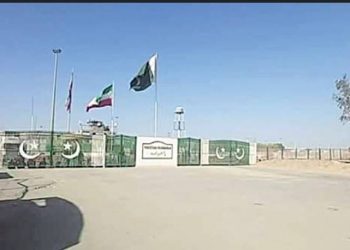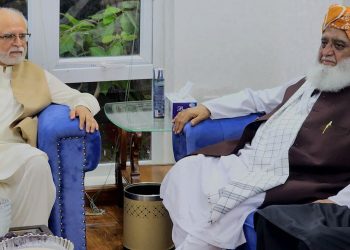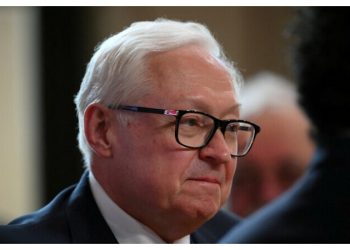Recently, Saudi Arabia and Iran confirmed that they are engaging in direct negotiations to lower tensions and eventually normalize diplomatic relations. Officials from both sides are sounding cautiously optimistic about the endeavor.
“We are seeking to have good relations with Iran,” Saudi Crown Prince Mohammed bin Salman told Saudi television. Only four years ago, the king sang a different tune, claiming dialogue with Iran was impossible.
“How do you have a dialogue with a regime built on an extremist ideology?” he said, pledging that Saudi Arabia would take the battle to Iranian territory.
How things got worse?
Saudi-Iranian relations have been continuously swinging back and forth along a pendulum, going back to the Iranian Shah’s era, where relations were often good because both countries were under the U.S. security umbrella.
They were both pro-U.S. Middle Eastern powers, but they still had a rivalry. That competition became much more intense after Iran’s Islamic Revolution in 1979, when they really were on a collision course in terms of their vision for the future of the Middle East.
In late 1970s, Saudi-Iranian relations reached their nadir when Riyadh executed Saudi Shia cleric Sheikh Baqir Al Nimr, in retaliation to which a mob ransacked the kingdom’s embassy in Tehran. Both countries have supported opposing parties in the Syrian civil war and the Lebanese political arena, while Riyadh and Tehran are fighting a brutal proxy war in Yemen.
Relations got really bad after the U.S. invaded Iraq in 2003. Basically, in the post-9/11 era, the U.S. really ended up strengthening Iran tremendously in the region.
It got rid of the Taliban in Afghanistan for a while, which was Iran’s most bitter enemy. And then it got rid of Saddam Hussein’s Iraq, which was Iran’s most potent enemy, and essentially set up a situation where Iran got much more powerful in the region.
What has prompted the crown prince to change course?
Some analysts say the change of guard in Washington may be the trigger. Under the Biden Administration, Washington has stopped doing reassuring its security partners in the region that it will continue to support them unconditionally, no matter what reckless conduct they engage in.
Washington’s turn away from entangling itself in the quarrels and stratagems of its Middle Eastern partners has compelled the region’s powers to explore their own diplomacy.
Mohammed bin Salman’s soothing comments were most likely a reference to secret talks between Iran and its Arab neighbors in Iraq, first reported by the Financial Times, that were aimed at reducing tensions and putting an end to the war in Yemen.
The second cause for optimism is that this dialogue appears to be initiated and led by the regional powers themselves. That is, it has not been imposed on them by major powers from outside the region, nor is it led by outside states. Meanwhile, Saudi Arabia is quite keen to extricate itself from the Yemen crisis, where it has failed to dislodge the Iran-allied Houthis.
Final words
The development between Saudi Arabia and Iran should be carried forward. Primarily, it is hoped some accord can be reached to end the destructive war in Yemen, and to start rebuilding a shattered Syria.
In fact, it is desirable for states in the region to sort out their own issues. If Riyadh and Tehran persist, they can succeed in establishing cordial relations and putting the hostility of the past behind them.
Saudi-Iranian good relations will also have a positive impact on Shia-Sunni relations across the Islamic world, and both Riyadh and Tehran need to put in their best efforts to make the effort succeed.
































